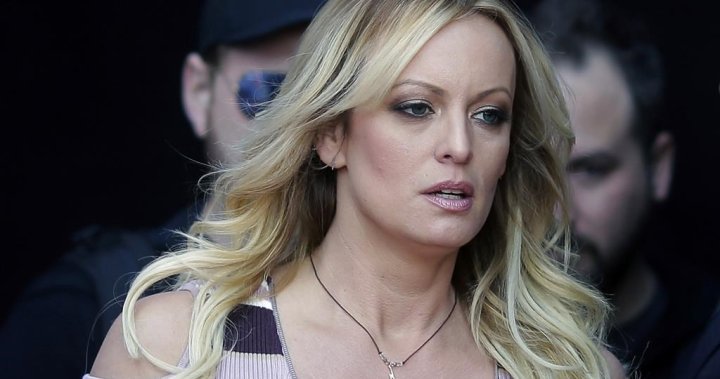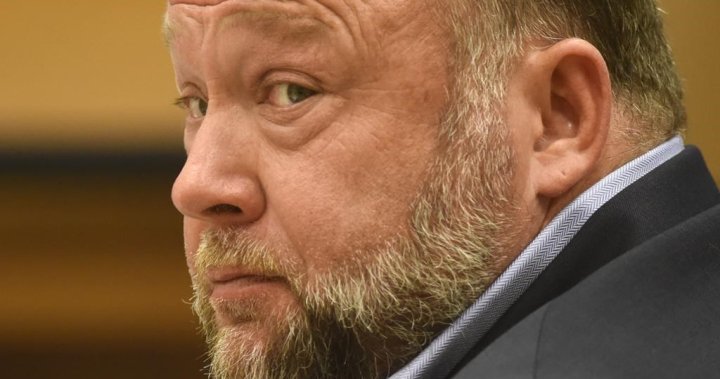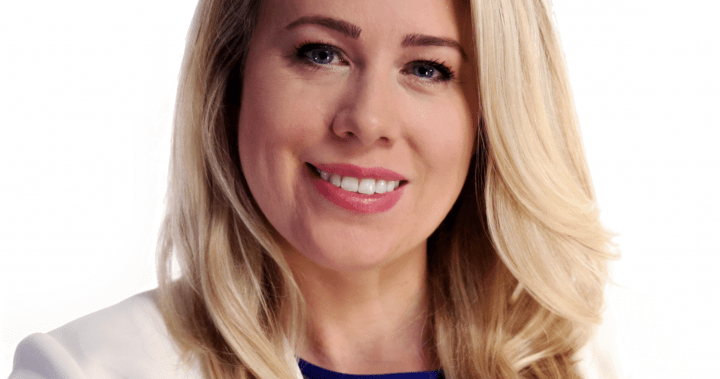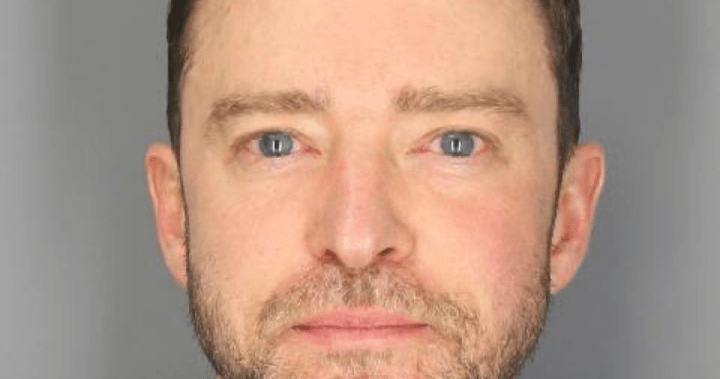Stormy Daniels took the witness stand Tuesday in the hush money trial of former President Donald Trump, prepared to testify about a sexual encounter the porn actor says she had in 2006 that resulted in her being paid off to keep silent during the presidential election 10 years later.
Daniels strode briskly into the courtroom before being sworn in, not pausing to look at Trump, who stared straight ahead as she entered the room.
In the final weeks of Trump’s 2016 Republican presidential campaign, his then-lawyer and personal fixer, Michael Cohen, paid Daniels $130,000 to keep quiet about what she says was an awkward and unexpected sexual encounter with Trump at a celebrity golf outing in Lake Tahoe in July 2006. Trump denies having sex with Daniels.
Daniels’ testimony, even if sanitized for a courtroom setting and stripped of tell-all details, is by far the most-awaited spectacle in a trial that has toggled between tabloidesque elements and dry record-keeping details. Her turn on the witness stand will represent a remarkable moment legally and politically. Courtroom testimony from an adult film performer about an intimate encounter she says she had with a former American president adds to the long line of historic firsts in this case.
Prosecutors and defense lawyers quibbled at the start of the day over the contours of her testimony.
A Trump attorney, Susan Necheles, asked that Daniels be barred from testifying about “the details” of the alleged sexual encounter. Prosecutor Susan Hoffinger said such details were relevant to her credibility but also offered reassurances that they would be “really basic.” Judge Juan M. Merchan agreed to permit limited testimony.
Testimony has made clear that at the time of the payment to Daniels, Trump and his campaign were reeling from the Oct. 7, 2016, publication of the never-before-seen 2005 “Access Hollywood” footage in which he boasted about grabbing women’s genitals without their permission.

The candidate spoke with Cohen and Hope Hicks, his campaign’s press secretary, by phone the next day as they sought to limit damage from the tape and keep his alleged affairs out of the press, according to testimony.
Cohen paid Daniels after her lawyer at the time, Keith Davidson, indicated she was willing to make on-the-record statements to the National Enquirer or on television confirming a sexual encounter with Trump. National Enquirer editor Dylan Howard alerted publisher David Pecker and then, at Pecker’s direction, told Cohen that Daniels was agitating to go public with her claims, prosecutors said. Daniels had previously sought to sell her story to another celebrity gossip magazine, Life & Style, in 2011.
The email you need for the day’s
top news stories from Canada and around the world.
Pecker testified earlier in the trial that he balked at having the Enquirer pay a “catch and kill” fee for Daniels that Cohen later made.
The first witness Tuesday was Sally Franklin, an executive at Penguin Random House, which published several of Trump’s books through one of the company’s imprints.
Prosecutor Becky Mangold had Franklin read excerpts from the 2004 volume “Trump: How to Get Rich” that illuminated Trump’s approach to business. The readings appeared to be designed to show that Trump was hands-on at his company and willing to retaliate against those he perceives have done him wrong.
Among the excerpts: “If you don’t know every aspect of what you’re doing, down to the paper clips, you’re setting yourself up for some unwanted surprises,” and “For many years, I’ve said that if someone screws you, screw them back.”

The jury on Monday heard from two witnesses, including a former Trump Organization controller, who provided a mechanical but vital recitation of how the company reimbursed payments that were allegedly meant to suppress embarrassing stories from surfacing and then logged them as legal expenses in a manner that Manhattan prosecutors say broke the law.
The testimony from Jeffrey McConney yielded an important building block for prosecutors trying to pull back the curtain on what they say was a corporate records cover-up of transactions designed to protect Trump’s Republican presidential bid during a pivotal stretch of the race. It focused on a $130,000 payment from Cohen to Daniels and the subsequent reimbursement Cohen received.
McConney and another witness testified that the reimbursement checks were drawn from Trump’s personal account. Yet even as jurors witnessed the checks and other documentary evidence, prosecutors did not elicit testimony Monday showing that Trump dictated that the payments would be logged as legal expenses, a designation that prosecutors contend was intentionally deceptive.
McConney acknowledged during cross-examination that Trump never asked him to log the reimbursements as legal expenses or discussed the matter with him at all. Another witness, Deborah Tarasoff, a Trump Organization accounts payable supervisor, said under questioning that she did not get permission to cut the checks in question from Trump himself.
“You never had any reason to believe that President Trump was hiding anything or anything like that?” Trump attorney Todd Blanche asked.
”Correct,” Tarasoff replied.

Jail time still considered after latest gag order breach
The testimony followed a stern warning from Merchan that additional violations of a gag order barring Trump from inflammatory out-of-court comments about witnesses, jurors and others closely connected to the case could result in jail time.
The $1,000 fine imposed Monday marks the second time since the trial began last month that Trump has been sanctioned for violating the gag order. He was fined $9,000 last week, $1,000 for each of nine violations.
“It appears that the $1,000 fines are not serving as a deterrent. Therefore going forward, this court will have to consider a jail sanction,” Merchan said before jurors were brought into the courtroom.
Trump sat forward in his seat, glowering at the judge as he handed down the ruling. When the judge finished speaking, Trump shook his head twice and crossed his arms.
Yet even as Merchan warned of jail time in his most pointed and direct admonition, he also made clear his reservations about a step that he described as a “last resort.”
“The last thing I want to do is put you in jail,” Merchan said. “You are the former president of the United States and possibly the next president as well. There are many reasons why incarceration is truly a last resort for me. To take that step would be disruptive to these proceedings.”
The latest violation stems from an April 22 interview with television channel Real America’s Voice in which Trump criticized the speed at which the jury was picked and claimed, without evidence, that it was stacked with Democrats.
Prosecutors are continuing to build toward their star witness, Cohen, who pleaded guilty to federal charges related to the hush money payments. He is expected to undergo a bruising cross-examination from defense attorneys seeking to undermine his credibility with jurors.
Trump, the Republican Party’s presumptive presidential nominee, is charged with 34 felony counts of falsifying business records in connection with the hush money payments but has pleaded not guilty and denied any wrongdoing. The trial is the first of his four criminal cases to reach a jury.
—Tucker reported from Washington





